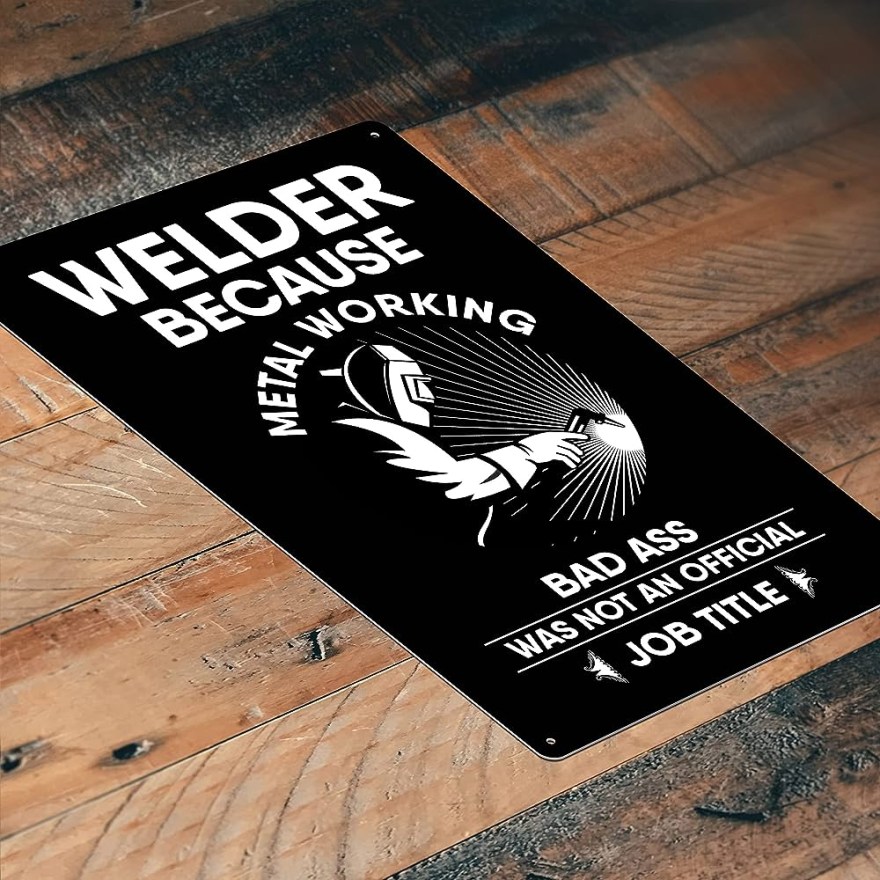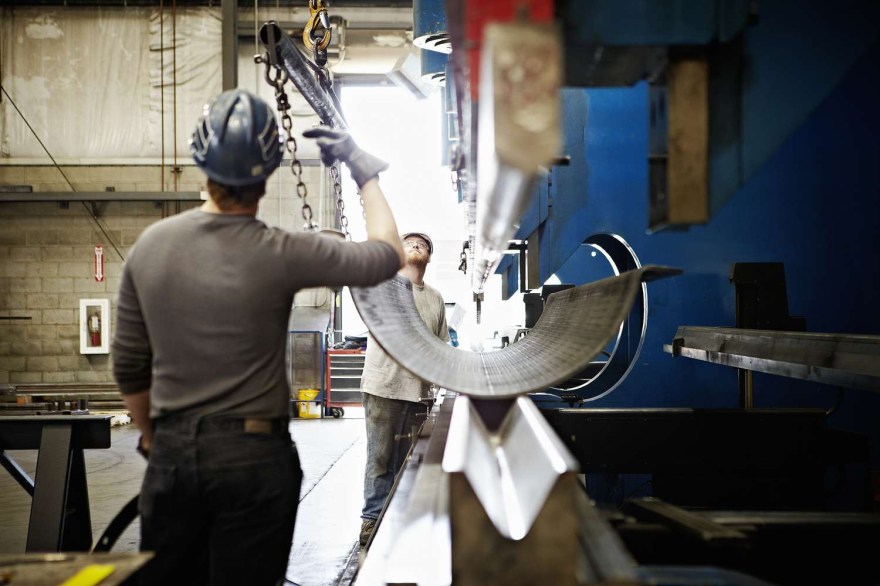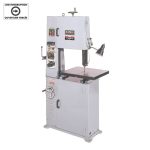Unlock Your Potential With Metalworking Job Titles: Empower Your Career Today!
Metalworking Job Titles: A Comprehensive Guide for Job Seekers and Industry Enthusiasts
Introduction:
Have you ever wondered about the various job titles in the field of metalworking? Whether you are considering a career in this industry or simply curious about the different roles and responsibilities, this comprehensive guide will provide you with valuable insights. As someone who has had firsthand experience in the metalworking field, I have explored numerous job titles and have gained a deep understanding of their significance. In this article, I will discuss the what, who, when, where, why, and how of metalworking job titles, shedding light on the intricacies of this fascinating industry.
3 Picture Gallery: Unlock Your Potential With Metalworking Job Titles: Empower Your Career Today!



What are Metalworking Job Titles?
In simple terms, metalworking job titles refer to the various roles and positions within the metalworking industry. These titles encompass a wide range of responsibilities, ranging from designing and fabricating metal parts to operating machinery and ensuring quality control. Metalworking job titles can be found in various sectors, including manufacturing, construction, automotive, aerospace, and more.
Who Holds Metalworking Job Titles?

Image Source: milwaukeetool.com
Individuals who possess the necessary skills and expertise in metalworking often hold these job titles. These professionals may have acquired formal education and training in fields such as welding, machining, or engineering. Metalworking job titles are held by a diverse group of individuals, including welders, machinists, fabricators, technicians, engineers, and supervisors.
When and Where are Metalworking Job Titles Relevant?
Metalworking job titles are relevant in a multitude of settings. They can be found in manufacturing plants, metal fabrication shops, construction sites, repair and maintenance facilities, and even research and development laboratories. The demand for professionals with metalworking job titles is particularly high in industries that heavily rely on metal components and structures, such as automotive manufacturing, aerospace engineering, and construction.
Why are Metalworking Job Titles Important?
Metalworking job titles play a crucial role in ensuring the smooth operation of various industries. Each job title represents a unique set of skills and expertise that contributes to the overall success of a project or organization. Without individuals fulfilling these roles, the production of metal goods and components would be significantly hindered. Metalworking job titles are essential for maintaining quality standards, ensuring safety protocols, and meeting project deadlines.
How to Pursue Metalworking Job Titles

Image Source: media-amazon.com
If you are interested in pursuing a career in metalworking, there are several pathways you can consider. Formal education programs, such as vocational schools and community colleges, offer courses and certifications in welding, machining, and other metalworking disciplines. Alternatively, apprenticeship programs provide hands-on training and mentorship opportunities under the guidance of experienced professionals. Building a strong foundation of technical skills and practical experience is essential for securing metalworking job titles.
FAQs: Frequently Asked Questions about Metalworking Job Titles
Q: What are some common metalworking job titles?
A: Common metalworking job titles include welder, machinist, fabricator, CNC operator, metallurgist, quality control inspector, and production supervisor.
Q: What qualifications are required for metalworking job titles?

Image Source: liveabout.com
A: The qualifications for metalworking job titles vary depending on the specific role. However, most positions require a combination of technical skills, experience, and, in some cases, industry certifications.
Q: Are metalworking job titles in high demand?
A: Yes, metalworking job titles are often in high demand due to the ongoing need for skilled professionals in various industries. The rapid growth of sectors such as aerospace and automotive manufacturing has further increased the demand for individuals with metalworking expertise.
The Different Types of Metalworking Job Titles
There is a wide range of metalworking job titles, each with its own unique set of responsibilities and requirements. Some of the most common types include: welder, machinist, fabricator, CNC operator, metallurgist, quality control inspector, and production supervisor. Each of these roles contributes to different stages of the metalworking process, from design and fabrication to inspection and supervision.
The Importance of Skillset and Experience
When pursuing metalworking job titles, having a strong skillset and relevant experience is crucial. Metalworking requires precision, attention to detail, and the ability to work with complex machinery. Employers often prioritize candidates who possess a combination of technical skills, industry knowledge, and practical experience. Building a diverse skillset and continuously expanding your knowledge through training programs and certifications can significantly enhance your chances of securing desired metalworking job titles.
The Pros and Cons of Metalworking Job Titles
Like any other profession, metalworking job titles have their own advantages and disadvantages. On the positive side, these roles offer steady employment opportunities, competitive salaries, and the opportunity to work with cutting-edge technology. Additionally, the satisfaction of crafting intricate metal components and witnessing the tangible results of your work can be incredibly rewarding. However, metalworking job titles often require physical stamina, long hours, and the ability to adapt to ever-evolving industry standards.
Conclusion
Metalworking job titles encompass a diverse range of roles and responsibilities within the industry. From welders and machinists to fabricators and CNC operators, each job title plays a crucial part in the production of metal goods and components. Pursuing a career in metalworking offers numerous opportunities for growth and job stability. By acquiring the necessary skills, experience, and qualifications, you can unlock a world of possibilities within the thriving metalworking industry. So, whether you are an aspiring job seeker or simply fascinated by this field, exploring the world of metalworking job titles can be a rewarding journey.
This post topic: Metalworking

